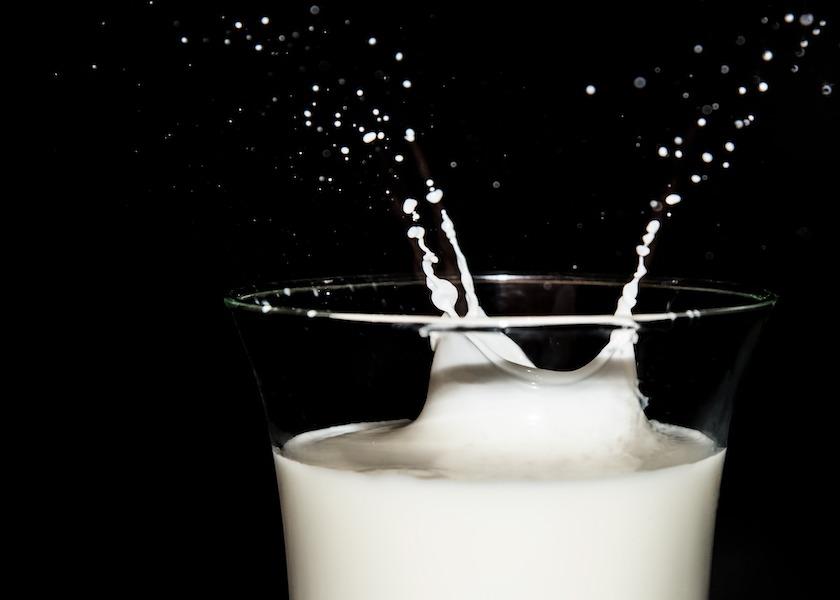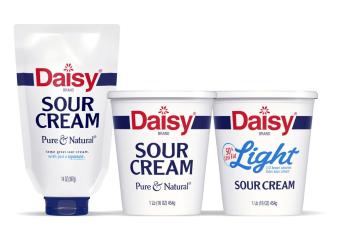New Milk Processing Technique an Alternative to Pasteurization

Australian researchers have developed a new technique to process raw milk that claims to deliver all the benefits of pasteurization, while leaving more nutrients and flavor intact.
The “Haelen®” processing technique uses pressure treatment instead of heat to kill harmful pathogens and prolong shelf life of milk. Developers of the technology declare the end product retains higher levels of vitamins, proteins and enzymes that are damaged or destroyed via pasteurization.
Haelen developers say that, compared to pasteurization, their process retains:
- Higher levels of vitamin B2 and B12 levels in milk, which are “essential vitamins for children.”
- Alkaline phosphatase activity, “an essential enzyme for liver function and bone development.”
- Key enzymes should make the milk easier to digest than pasteurized products.
- Milk’s natural color and flavor.
The new method also is different than Ultra Heat Treatment (UHT) processing, which, like pasteurization, relies on heat versus pressure. Pasteurization standards call for milk to be heated to 71.7°C (161°F) for 15 seconds; UHT milk is heated to 140°C (284°F) for two seconds. The Haelen method keeps milk chilled throughout processing.
Milk processed with Haelen technology has a refrigerated shelf life of 60 days, compared to 14 days for traditionally pasteurized milk. This will allow the milk to be shipped – rather than flown – throughout the world, including to places that have limited or no access to fresh milk.
Developers say the new processing technique also is the only known method that kills Bacillus cereus, a common bacterium in milk that can cause vomiting and diarrhea in humans.
Beyond fluid milk processing, Haelen technology may have potential for use in manufacturing of a wide range of other dairy products – particularly those in which unpasteurized milk is desired, like cheese.
Haelen processing has been approved by Dairy Food Safety Victoria in Australia. Its development was funded in part by both Queensland state government and the Australian Federal Government. The technology was tested and validated by a third-party Australian lab.
Naturo, the commercial company that developed the process, plans to roll out its first commercial Haelen-processed products in the first half of 2021. Under the “Wholey Milk Company” brand, it will begin selling fluid milk initially in Queensland, with plans to expand internationally in 2022.







